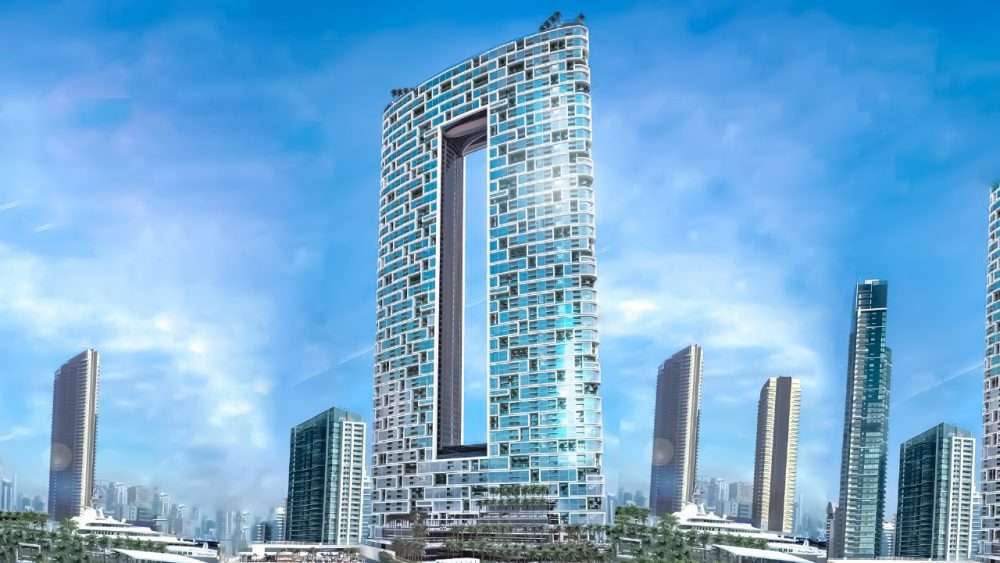Investing in property in Dubai is a significant decision, and understanding the key differences between hotel apartments and residential flats is essential. Each option offers unique benefits and challenges. Before committing, here’s what you need to know to make an informed and financially sound choice.
Buy Property in Dubai: Understand the Legal Landscape
When you plan to buy property in Dubai, you must first understand the city’s real estate laws. Dubai allows foreigners to buy property in freehold areas, which means you can fully own the property and the land it sits on.
It is highly recommended to work with registered property agents and legal experts who can verify documents and ensure the transaction is legitimate. You can explore resources like USA Time Magazine to stay updated on Dubai’s property trends and investment news.
Hotel Apartments in Dubai: Key Features and Considerations
Hotel apartments in Dubai are fully furnished units managed by hotel operators. These properties are often located in prime areas and offer services such as housekeeping, maintenance, and concierge support.
One of the main attractions of hotel apartments is the potential for high rental returns, especially in tourist hubs. Investors who prioritize short-term rental income often prefer this option.
However, management fees can be higher, and personal use of the unit may be limited. You must carefully review the rental pool agreements and the hotel management terms before buying.
Residential Flats in Dubai: What You Need to Know
Residential flats in Dubai offer a more traditional form of property ownership. They are ideal for those looking to either live in the property or rent it out for long-term leases.
Residential flats provide greater flexibility, privacy, and usually come with lower maintenance costs compared to hotel apartments.
When considering this investment, research the building’s quality, maintenance history, and community services to ensure a safe purchase. Dubai’s residential areas like Jumeirah, Marina, and Downtown offer high-quality flats with steady value appreciation.
Financial Planning Before Buying Property in Dubai
Financial preparation is crucial when you decide to buy property in Dubai. Consider these financial factors:
- Service charges and annual maintenance fees
- Mortgage availability for expatriates
- Potential rental yields and capital appreciation
It’s essential to compare different property investment options and understand the total cost of ownership. Real estate investment portals like IPTV Monster often provide detailed market analyses and updated listings that can support your buying decision.
Hotel Apartments vs. Residential Flats: Which is Right for You?
The choice between hotel apartments and residential flats depends on your investment goal.
- If you want steady short-term rental income with minimal management, hotel apartments in Dubai are suitable.
- If you prefer long-term value growth, lower fees, and flexibility for personal use, residential flats in Dubai are a better choice.
Conclusion
Making the right decision when buying property in Dubai requires a clear understanding of the hotel apartment and residential flat markets. Carefully weigh your investment goals, financial plans, and lifestyle needs to choose the most suitable option.
FAQs
What are the legal steps to buy property in Dubai?
Foreigners can buy property in Dubai within designated freehold areas by working with registered agents and signing sales agreements under Dubai Land Department guidelines.
Are hotel apartments a good investment in Dubai?
Yes, hotel apartments in Dubai can offer high rental yields, especially in tourist-heavy locations. However, you must consider management fees and occupancy terms.
Can expatriates get a mortgage when buying property in Dubai?
Yes, several banks offer mortgage options for expatriates buying property in Dubai, but eligibility criteria and down payments may vary.
What are the key differences between hotel apartments and residential flats in Dubai?
Hotel apartments provide short-term rental opportunities with hotel services, while residential flats offer flexibility, lower fees, and long-term living options.
